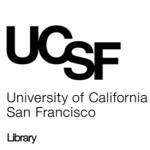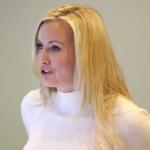Geopolitical analyst George Friedman wrote in his book The Next 100 Years that cultures go through three phases: barbarism, c
anti-science
Two weeks ago, we reported on a bizarre decision by the online news arm of the journal Science: The outlet had reprinted an article
Should a public university, which derives much of its funding from state and federal government, be in the business of using that taxpayer money to fund a project whose sole purpose is to besmirch the reputation of scientists, including those of o
The Gray Lady has gotten raunchy in her old age.
There's no nice way to put this. Academia is in the midst of self-destructing, not just in the United States but worldwide.
Dr. Oz is a fraud who ought to be fired from Columbia University and have his medical license revoked. Instead, he'll be headed to the White House.
I've been a science writer and editor for nearly eight years. During this time, I've learned a few things.
California has given up all pretense of being a state governed by reason or common sense: Los Angeles Superior Court Judge Elihu Berle ruled that coffee must carry a cancer warning label. The judge’s ruling is scientifically illiterate.
"Attn:" is an activist website that produces extremely popular videos, some of which feature the esteemed scientist (all actors consider themselves scientists) Zooey Deschanel.
It's often helpful for journalists who do not have specialized knowledge of complex scientific topics to write about them anyway, because if they can understand them and figure out how to communicate them, they can perform a tremendous public serv












